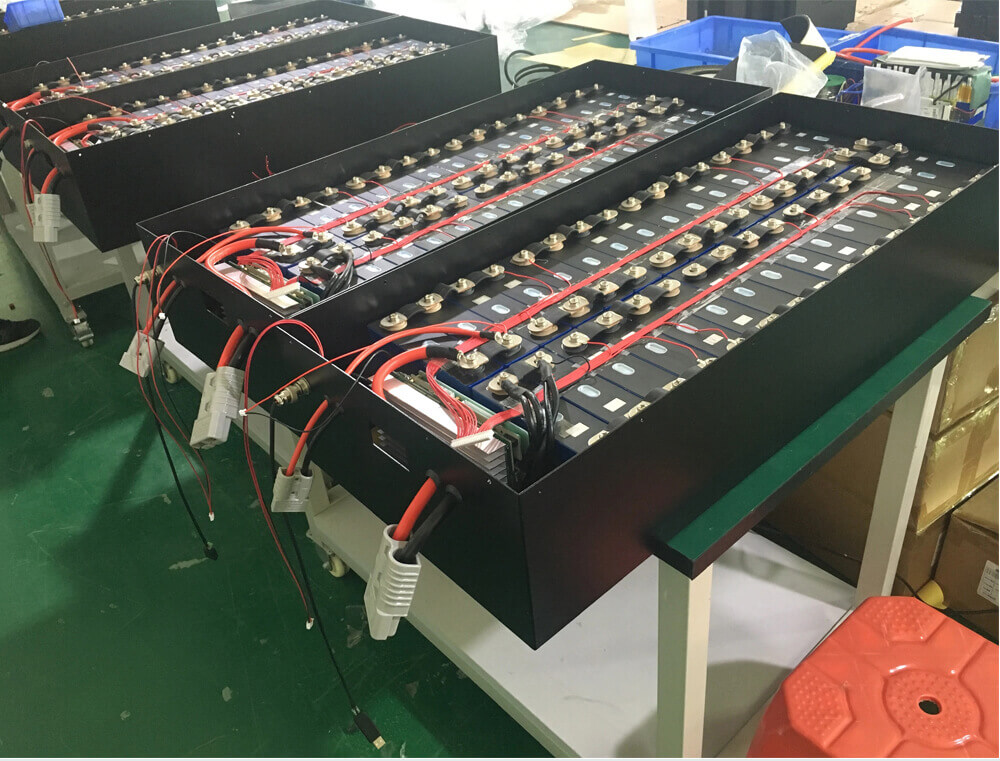- 07
- Dec
Best golf cart battery: lithium battery. Lead acid
As more and more people take advantage of its versatile performance, the golf cart market is developing. For decades, deep-cycle immersed lead-acid batteries have been the most cost-effective means of powering electric golf carts. With the rise of lithium batteries in many high-power applications, many people are now studying the advantages of lithium batteries. Lithium iron phosphate batteries are on their golf carts.
Although any golf cart can help you walk around the course or nearby, you need to make sure it has enough power to do the job. This is where the lithium golf cart battery comes into play. They are challenging the lead-acid battery market because of their many advantages that make them easier to maintain and more cost-effective in the long term.
The following is a breakdown of our advantages. Lithium golf cart batteries surpass lead-acid counterparts.
Carrying capacity

Putting lithium batteries into a golf cart can significantly increase its weight/performance ratio. The weight of a lithium golf cart battery is half that of a traditional lead-acid battery, while the weight of a lead-acid battery has reduced by two-thirds of the normal use of a golf cart. The lighter weight means that the golf cart can reach higher speeds with less effort and carry more weight without feeling the occupants slow.
The difference in weight and performance allows the lithium-powered cart to carry two more adults of average height and their equipment before reaching the carrying capacity. Since the lithium battery maintains the same voltage output regardless of battery charging, the car continues to run after its lead-acid battery lags behind the battery pack. In contrast, lead-acid and absorbent glass mat (AGM) batteries will lose voltage output and performance after using 70% to 75% of the rated battery capacity, which will have a negative impact on the load-bearing capacity, and over time Elapsed and became more complicated.
Maintenance-free
One of the main advantages of lithium batteries is that they do not require any maintenance, while lead-acid batteries require regular inspection and maintenance. Ultimately save man-hours and increase the cost of maintenance tools and products. The lack of lead acid means that chemical leakage can be avoided and the possibility of golf cart downtime is greatly reduced.
Battery charging speed
Whether you use lead-acid batteries or lithium batteries, any electric car or golf cart faces the same flaw: they must be charged. Charging takes time, and unless you happen to have a second cart, this period of time will take you out of the game for a while. A good golf cart requires consistent power and speed on any course terrain. Lithium batteries can solve this problem without any problems, but lead-acid batteries will slow down the trolley when the voltage drops. In addition, after the power is dissipated, an ordinary lead-acid battery takes about eight hours to fully charge. Lithium batteries can be charged to 80% capacity in about an hour and fully charged in less than three hours.
In addition, partially charged lead-acid batteries suffer from sulfate damage, which greatly shortens their service life. On the other hand, lithium batteries do not have any adverse effects on full charge, so you can charge golf carts during lunch.
Environmentally friendly
Lithium batteries put less pressure on the environment. The time required for them to be fully charged is greatly reduced, thereby reducing energy consumption. They do not contain harmful substances, and as the name suggests, lead-acid batteries contain lead which is harmful to the environment.
Battery life
Lithium batteries have a much longer service life than lead-acid batteries because the lithium chemistry increases the number of charging cycles. An ordinary lithium battery can be cycled 2,000 to 5,000 times. The ordinary lead-acid battery can last about 500 to 1,000 cycles. Although the initial cost of lithium batteries is high, compared with frequent replacement of lead-acid batteries, lithium batteries can pay for themselves during their service life. The investment in lithium batteries not only pays for itself over time, but also saves a lot of money by reducing electricity bills, maintenance costs, and repairs that may be required on heavy-duty lead-acid golf carts. Their overall performance is also better!
Are lithium golf cart batteries compatible?
By replacing lead-acid batteries with lithium batteries, golf carts designed for lead-acid batteries can significantly improve performance. However, the second wind may increase the injection cost. Many golf carts equipped with lead-acid require a modification kit to be used with lithium batteries. If the cart manufacturer does not have this kit, the cart needs to be modified to be used with lithium batteries.
With all-in-one 48V golf cart batteries, this is not a problem because they are specially designed for your golf cart. The all-in-one battery does not need to modify the tray, the modification kit and the complicated connection, so that the installation of the lithium battery is easier than ever!
If you are interested in switching golf carts to lithium batteries, please consider buying our 48V lithium batteries. It is the only lithium golf cart battery designed to meet the power and energy requirements of all types of golf carts. This is a plug-and-play alternative product that is of high quality from the inside to the outside. Designed to adapt to performance and performance, linkage battery is the best lithium battery choice for golf carts today.
